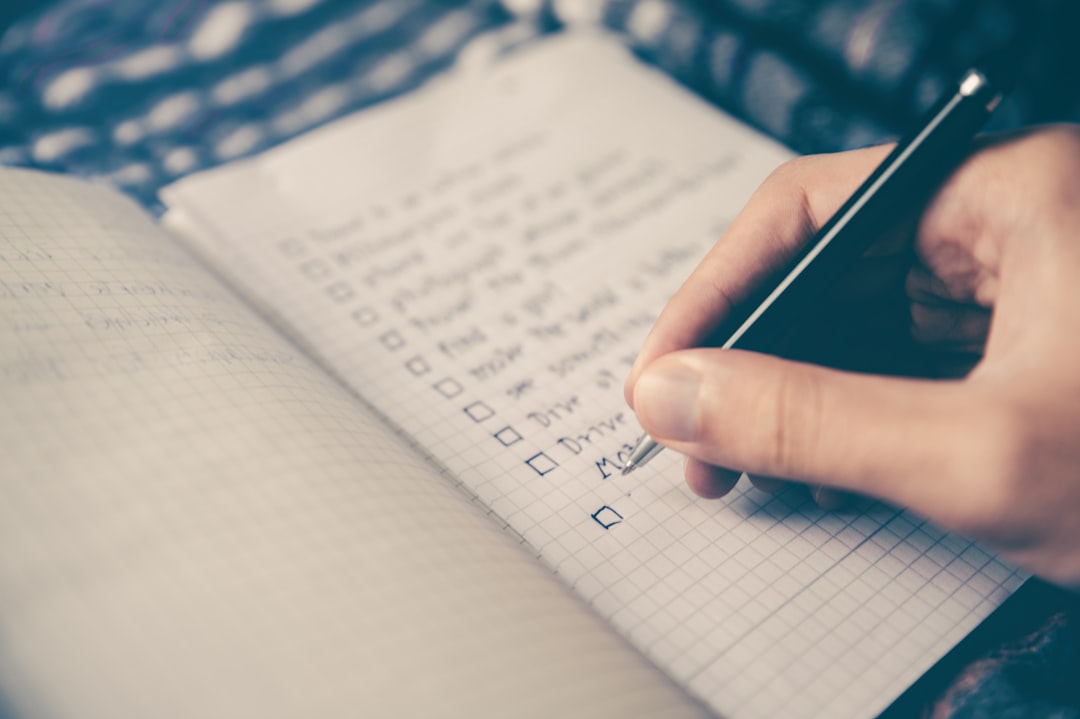All Nonfiction
- Bullying
- Books
- Academic
- Author Interviews
- Celebrity interviews
- College Articles
- College Essays
- Educator of the Year
- Heroes
- Interviews
- Memoir
- Personal Experience
- Sports
- Travel & Culture
All Opinions
- Bullying
- Current Events / Politics
- Discrimination
- Drugs / Alcohol / Smoking
- Entertainment / Celebrities
- Environment
- Love / Relationships
- Movies / Music / TV
- Pop Culture / Trends
- School / College
- Social Issues / Civics
- Spirituality / Religion
- Sports / Hobbies
All Hot Topics
- Bullying
- Community Service
- Environment
- Health
- Letters to the Editor
- Pride & Prejudice
- What Matters
- Back
Summer Guide
- Program Links
- Program Reviews
- Back
College Guide
- College Links
- College Reviews
- College Essays
- College Articles
- Back
How to focus on writing an essay
Writing an essay can be a daunting process, especially since it requires a healthy balance between solid research skills, good writing techniques and an eye for clear structure. This is in addition to the focus and perseverance required to keep drafting and editing an essay to its highest quality. However, there are ways to break down the fundamental elements of an essay in order to come up with a dependable guide that will provide the focus needed to write an effective essay in a short space of time.
There is a way to break it down into 2 planning sessions and 3 writing sessions—meaning that in 5 sit down sessions you can get the job done to a high degree of accuracy and audience interest.
Planning session (breakdown):
The first time you find out what the monthly essay theme is, take out a notepad and scribble down a quick mind map of everything you already know about that topic. This can be first-hand knowledge or just textbook knowledge. Whatever it may be, write it down! Then it can be useful to circle the most insightful experiences or things you know about the topic—-this should usually be facts or knowledge that can’t simply be found on the internet as it proves true personal engagement with the text.
Then the final planning session comprises research. Use trustworthy sources such as bbc news and Britannica to look for dependable statistics that can be incorporated into the essay. Then quickly note it down for the writing session. Learning about these statistics also helps to expand knowledge in the topic too.
My writing session (breakdown):
In the first session for writing, sketch out the basic idea and message of the essay, including paragraph to paragraph themes. This is where you create a framework for the essay, and finally distribute all the statistics compiled accordingly. The main purpose of the first session is just to give an idea on what the essay will look like in the ‘big picture’, and a general outline of everything. This sort of planning can be done through mind mapping, bullet points or whatever other way works best. The reason why this session is so necessary is because it significantly cuts down the time needed to then write up the essay, as there is already a flow of ideas.
The second session is used to write a full first draft of the essay using the outline from the previous session. Usually this is the session that takes up the longest time as it requires effort and thought to make the words flow. However, due to the amount of prior research and plan already present it shouldn’t be overly challenging. This session is where you figure out how to blend the statistics with your own personal knowledge to demonstrate your knowledge and opinion simply but effectively.
The final session is the time to go back through the essay and re-edit. I make sure each and every one of these criterias are achieved to my highest capability.
This is my personal marking criteria:
-Personal engagement with the text
-Quality and engaging research
-Correct grammar
-Ambitious vocabulary
To sum up, I think the methods stated above are extremely useful primarily because it saves time whilst maximizing output. More importantly though, this process encourages the growth of research skills, media literacy, communication, planning and reflection. These are soft skills as well as being transferable skills to any field of study. It’s really useful to anyone and everyone, in today’s modern world.
Similar Articles
JOIN THE DISCUSSION
This article has 0 comments.

